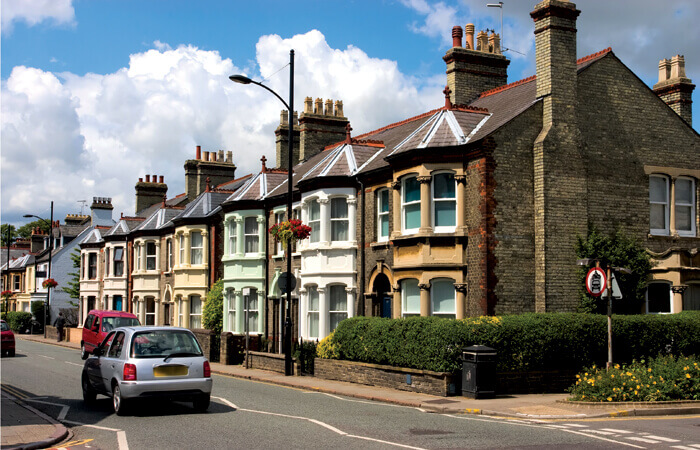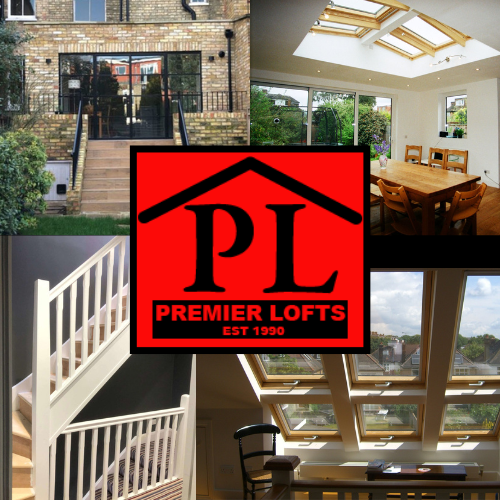If you are building your dream home, you will usually speak with an Architect to establish what you can and cannot do. We give you the top 5 things that you have to ask:
1. Assessing Price
To kick things off, before you start working with a particular architect you need to ask how much they charge and a quote for the type of building you are going for. The prices need to be within your budget, otherwise you could end up running out of many and consequently with half a house which is inhabitable – then you’ve made a massive loss.
It is very important to understand the fee structure, and have a clear contract to avoid miscommunications in the agreement. The last thing you want is your architect and/or contracted buildings walking out on you mid-built because the lines were blurred.

You need to settle the fee, when it will be paid, and any other charges that may need to be paid to others working on the job; for example, a design consultant. You may be entitled to grants or government assistance, so be sure to query that. You also need to ask about the VAT that you would pay on fees and construction, this may not be applicable to you – but you should always check so there are no financial surprises!
Furthermore, what services are involved in the contract and what are excluded? Will he or she be project managing, or will an external project manager need to be sourced? Will your architect be able to source or recommend one to you? And how much is an external project manager likely to cost? Or is it included in his or her fee proposal.
Does the architect have business insurance? This is particularly important if he or she is project managing the build. This is because if something were to go wrong with the built, you could claim money from his or her insurance (you may need to sure him or her to do this!). (Source: KSR Architects)
2. Discuss Timescales
Ask about the time scale of the project. When can he or she start? How long will the designing process take? How long will it take to get planning? What does he or she estimate to be the start to end dates of building?
It is important to clear about all of these aspects so you have idea of what is going on and what the goal time-wise is. You may have to live in rented accommodation if you are no longer or shortly moving out of your current house, you will need to know how long you will need to sign for a rental property for – it is advised to make sure you get a rental contract for slightly longer than the time estimated for completion or a contract that is one-hundred percent extendible. Builds often take longer than they are estimated to, so don’t leave yourself in the dark.
3. Lets Talk Conversions
Talk to the Architect about the types of projects he or she has worked on previously and if they are similar buildings to the building you are wanting. Does he or she specialize in certain types of architectural projects? Do you have room for a basement or a loft conversion?
If you are doing a major build, it’s very different to an extension on an already existing house or a conversion – have they taken on a build of this level before? If you are wanting your new home to be barn conversion for example, this is technically a new build but is also a house conversion without it already having the features of a house – this means this type of build will be extremely specialized, therefore you need to make sure your architect knows what they are doing in this case!
Overall, it shouldn’t be too much of a problem if this is your architects first lead role in a full-build, but as long as they have experience which proves they know what they are doing and you are happy to pursue. A top tip is to ask for pictures and specific addresses so you can have a look for yourself at the quality.
4. Planning Permission
Can he or she offer to help with planning applications? Building a home from scratch requires planning permission from the local council, this can be an extremely lengthy process that may require compromise to adhere to the local’s standards.

This can be especially gruelling for those hoping to develop a new property in the country-side, particularly if you are wanting your new home to be located in an ‘Area of Outstanding Natural Beauty’ (AONB). The problem in a AONB is that the status is earned for the area because it is to be preserved as much as possible, therefore AONB’s have and rely strict planning rules to do so. Some things you may want doing to your house may be refused, or even the style of the house if it does not fit in the scenery and surrounding houses. Hiring an architect with expertise in AONB’s can be of huge benefit to you and speed up your home-building process. You’ll hopefully avoid constant rejections on your plans for your new build because your architect has no idea about the application do’s and don’ts. (He or she may also know a few ways you get around the strict rules!).
5. Recommending Other Good People
Can he or she recommend any good quantity surveyors, builders and other contractors, that he or she has ideally worked with before? You will need a quantity surveyor calculate the amount of materials needed for building work, and how much they will cost you. Obviously, you will need builders to complete the build, so good quality (and friendly, it helps!) builders are a must so your new home is as perfect as you envisioned.
It is a bonus if your architect is local, so ask him or her where about they live. Being local allows him or her to have great connections with the best local contractors, that you can always rely on to work on something you need to doing in the future! His or her connections will also mean that he knows the contractors, builders and quantity surveyors to avoid; the good, the bad and the ugly!


